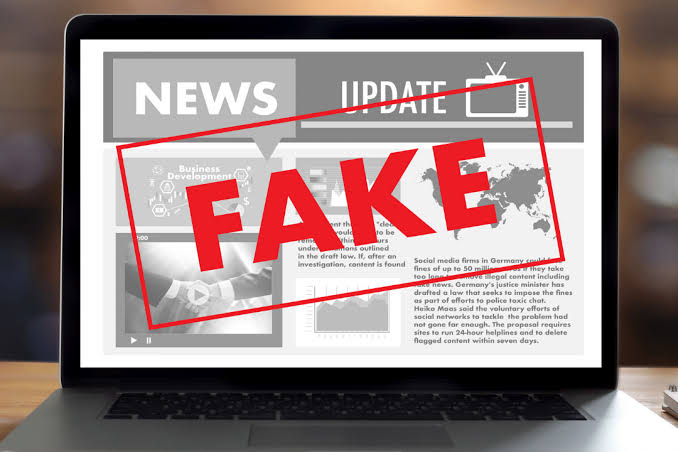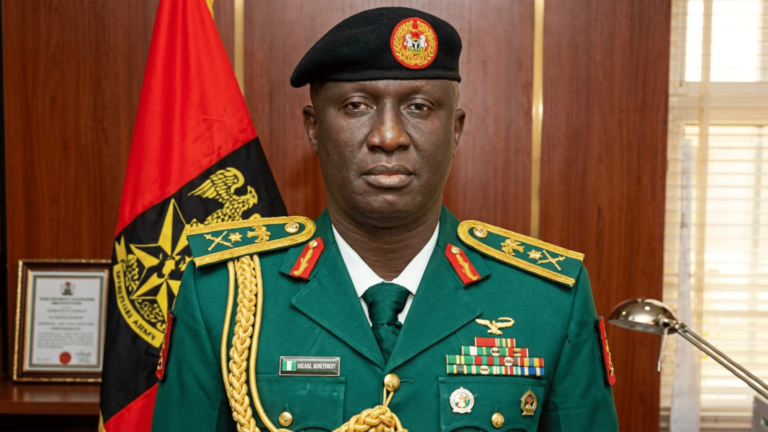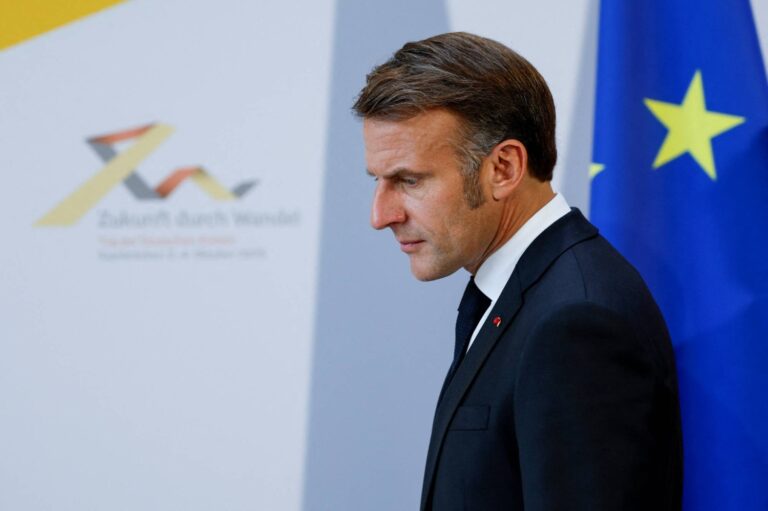
A recent reporting error by Sahara Reporters, a Nigerian news outlet, has again raised concerns about journalistic standards and the potential consequences of misinformation in the country. The outlet incorrectly reported a kidnapping incident as having occurred in Ondo State, when it actually took place in neighboring Edo State.
While seemingly a simple geographic mistake, the incident underscores a more significant issue: the need for rigorous fact-checking and responsible reporting in an environment where misinformation can quickly spread and have far-reaching consequences.
Read more: Nigeria’s Police Chief Faces Scrutiny Amid Reform Efforts
The misreporting of the kidnapping incident could have had several negative effects. It could have caused unnecessary panic and anxiety among residents of Ondo State, diverted law enforcement resources based on inaccurate information, and further eroded public trust in the media.
This is not the first time Sahara Reporters has faced criticism for its reporting practices. The outlet has previously been accused of publishing unsubstantiated claims and failing to adhere to basic journalistic standards. This latest incident raises questions about the editorial oversight and quality control mechanisms in place at the organization.
In a country facing numerous challenges, including security concerns, economic instability, and political tensions, accurate and reliable information is essential for informed decision-making and effective governance. When media outlets fail to uphold their responsibility to report the truth, they undermine the foundations of a healthy democracy.
The Sahara Reporters error serves as a cautionary tale for media organizations in Nigeria and elsewhere. It highlights the importance of investing in fact-checking resources, training journalists in ethical reporting practices, and establishing clear editorial guidelines. It also underscores the need for media consumers to be critical consumers of information, verifying claims and seeking out multiple sources before forming opinions.
The incident should prompt a broader discussion about media accountability and the role of journalism in promoting transparency and good governance in Nigeria. A free and independent press is vital, but it must also be a responsible and accurate one.



